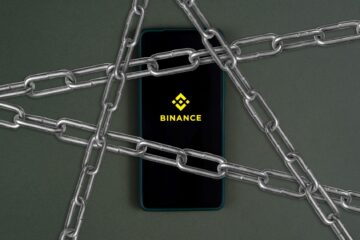Will CBDCs Dominate the Digital Money Market and Squeeze Out Small FinTech Players?
In early October 2020, 7 major central banks, IMF and the Bank of International Settlements released a report summarizing where they are and where they want to be (potentially) with the idea of governments directly issuing digital currency to the people. Here is my take on it:
- They confirmed that none of the participants has actually decided whether or not to issue digital currencies, but they agree that in any case, it would not be a replacement of cash, but rather a parallel money option.
- Their primary goal is to remove frictions from current payment processes and enable people to pay and get paid easier and faster.
- They recognize that current money issuing operations and overall payment and settlements flow via settlement banks and corresponding banks and commercial bank reserves and government debt are way too complex, expensive, and slow.
- They don’t like cash payments very much, but they agree that it needs to stay if people still want it.
- Their primary concern is “what if we make digital money available and then someone will manipulate the system or triggers run on the banks“.
- Post-Covid, the governments like the idea of being able to deliver money (they called it fiscal transfers) directly to some groups of people in need instead of having to rely on commercial entities and intermediaries to do so.
- They played with the idea of global stablecoins, but admitted it’s too complex to implement.
What does it mean for FinTech and compliance?
- there are many unsolved problems in the payments industry still, so we need more and more FinTech services, it’s far from a saturated market;
- digital currencies becoming more and more mainstream and no longer being viewed as “unsafe” or “too technically complex”;
- private stablecoins are here to stay (mainly as a function of stored value and for cross-border transfers) – I personally see a lot of regulatory frictions around “stablecoins vs e-money vs deposits” with some of my current projects, and this is a sign for me that governments will be issuing clarifications and guidance on this topic very soon.
Here is my CNBC interview clip on this topic.



